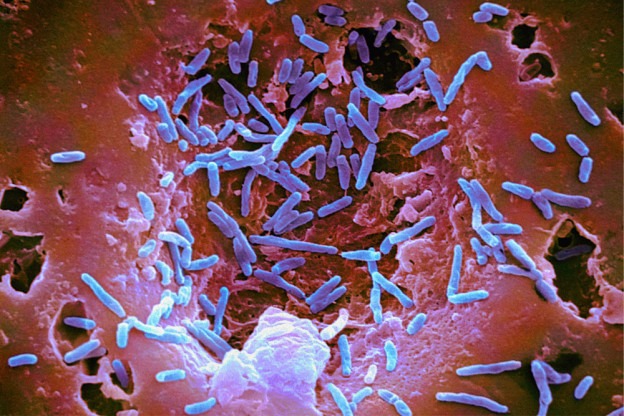
A IMPORTÂNCIA DA NUTRIÇÃO NOS PRIMEIROS MIL DIAS DE VIDA
11 de junho de 2017
A ÁGUA QUE VOCÊ BEBE É 100% PURA?
13 de junho de 2017O PAPEL DA NUTRIÇÃO NA PROGRAMAÇÃO DAS DOENÇAS ALÉRGICAS

Os fatores que interferem no desenvolvimento de urna doença são diversos e atuam de forma combinada. Muitas vezes, por mais que se cumpram todas as etapas, o desfecho prevenção acaba não sendo atingido para o indivíduo; mas, sem dúvida, tem impacto em termos populacionais. Nos últimos anos, muito conhecimento foi gerado sobre prevenção com foco na criança; essas estratégias podem ser aplicadas na prática pediátrica diária. A nutrição, especialmente em fases precoces da vida, é um dos fatores mais estudados de desenvolvimento de doenças alérgicas a curto e longo prazo.' Quando se pensa em prevenção podem-se citar dois grandes grupos: as crianças que compõem a população em geral e aquelas que fazem parte do "grupo de risco familiar" de doenças alérgicas (ou seja, que tem pelo menos um parente de primeiro grau com história ou presença de alguma doença atópica, como asma, rinite alérgica, dermatite atópica e/ ou alergia alimentar)! Ambos os grupos se beneficiam da promoção de alimentação e estilo de vida saudáveis. Entretanto, o grupo de risco é o mais estudado em relação à prevenção. Ama criança cujos pais tem algum histórico de doença alérgica chega a ter 80% de chance de evoluir com quadro atópico ao longo da vida.' Nesse sentido, deve-se sempre caracterizar quem é do grupo de risco na anarnnese pediátrica.
Diante disso, e à luz do conhecimento e das evidências cientificas atuais quais seriam as estrategias relacionadas à nutrição que podem ter impacto no risco de desenvolvi-mento das doenças alérgicas, especialmente, em um lac-tente com risco familiar? A importância da conscientização dos pais e familiares e da avaliação médica nessas fases precoces da vida é que vão determinar uma vida saudável para seus filhos.
Hoje com a evolução da medicina, com a nutrigenômica e a nutrigenética é possível evitar varias alterações genéticas e o desenvolvimento de varias patologias com apenas um exame de saliva ou de sangue do seu filho, podemos detectar precocemente essas alterações nos genes (exame de DNA). Para maiores informações agende uma consulta em nossa clinica, para assim realizarmos uma nutrição personalizada para seu filho.




